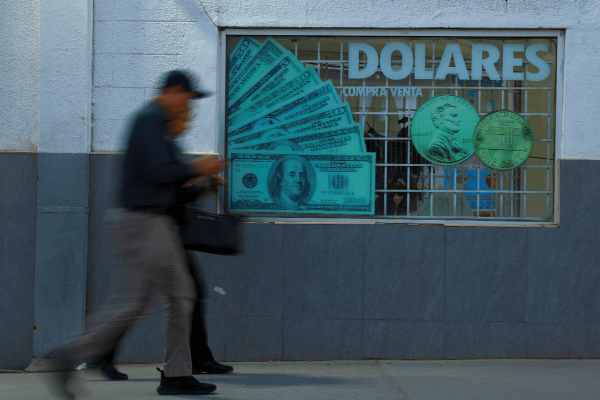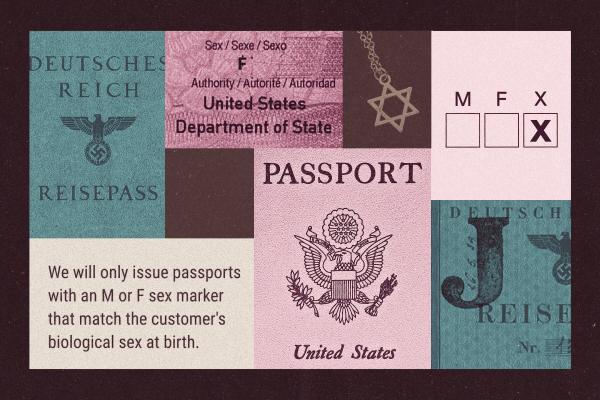It is gut-wrenching to look at their faces — 58 of them. They were young, old, men, women, single, married, parents, and grandparents. From all over the country and from Canada, they had one thing in common: they were fans of country music. One year ago, on Oct. 1, they made their way to an open field in Las Vegas where, in the midst of their revelry, they were plunged into terror and cut down by bullets — more than 1100 — fired from 32 stories above their heads.
Jack Beaton, there to celebrate a 23rd anniversary, shielded his wife Laurie with his own body atop hers and bled to death after telling her he loved her. Charleston Hartfield, a police officer and Army National Guard reservist was off-duty and escorting people to safety when he was killed. Andrea Castilla was enjoying her 28th birthday with her sister when a round cut short her life. And on it goes 55 more times. Four hundred and thirteen others could have met the same fate but survived with varying degrees of injuries and wounds. It was the worst mass shooting in American history.
The haunting question that matters the most is, how are survivors coping with the loss, the trauma, and the fear that such a horrendous experience leaves in its aftermath? My wife is a psychotherapist who works with trauma victims and she knows these questions are likely to plague survivors for their entire lives. But, as this reprehensible one-year mark passes, there are other unanswered questions that should trouble all of us.
For one, what have we done as a people and a nation to ensure such a tragedy does not happen again — or, that at least we have made it very difficult for it to happen again? To continue in the same vein, what have we done to reduce the risk of mentally and emotionally disturbed people, like the Las Vegas shooter, from obtaining firearms and massive amounts of ammunition? What about enhancing the detection of these kinds of deadly plans before they result in mass casualties?
For Christians like me — especially pastors — these questions are moral, ethical, and even spiritual in nature. Almost anyone who attends church has heard a sermon positing the question asked by Cain after God confronted him with the murder of his brother, Abel, “Am I my brother’s keeper?” The rhetorical answer, of course, is yes, you are.
We are all our brother’s — and sister’s keeper. The Bible commands us to “watch out for one another” (Hebrews 10:24), to “consider others as more important than yourselves” (Philippians 2:3), and to “serve one another through love” (Galatians 5:13). When it comes to Las Vegas, or, for that matter, Parkland, Orlando, Sandy Hook, Sutherland Springs, Santa Fe, Roseburg, to name just a few, the question that must point us toward a satisfactory answer is, what have we done to fulfill these biblical mandates when it comes to the threat of another mass shooting? Sadly, the answer as it stands now is nothing.
Doing nothing is not the Christian response to any form of human suffering. 1 John 3:17 and James 2:14-17, as well as the words of Jesus in Matthew 25: 43-45, make it abundantly clear that we have a moral, ethical and spiritual obligation to help our fellow human beings in the most practical ways. Enacting laws, implementing policies, and directing enforcement of regulations that prevent the mentally disturbed, emotionally unstable, and historically violent from getting semi-automatic weapons and large quantities of ammunition would be a start toward reducing the risk of multiple casualty events.
These actions would increase the chances of escape for victims, peace of mind for the traumatized and fearful, and the likelihood that law enforcement can more safely diffuse a situation. One year is long enough for us to know that in failing to act against mass shootings, we become unwittingly culpable in the perpetration of the next one. One year after Las Vegas is one year too many without serious action to stop the wrong people from getting guns that can kill so many in so little time. Let us act now in memory of the 58 souls who fell as the music played in Vegas one year ago.
Got something to say about what you're reading? We value your feedback!







